Volume
117
Liberated Slaves
25 February 2008
Like British admiralty courts and courts in many civil law countries, the international slave trade courts did not rely on live, in-court testimony, but instead on written depositions from witnesses taken in advance of the hearing. The registrar of the court would administer a detailed, fixed list of questions to the witnesses and record their answers. Ships documents, such as logs and registration papers, would fill out the dossier.
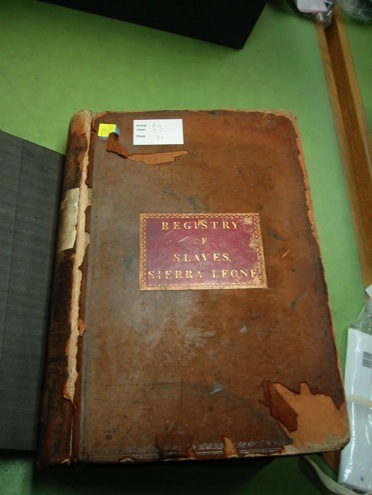
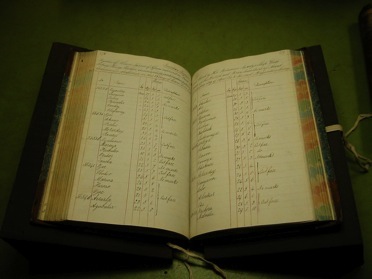
The court’s decisions were usually fairly brief, quickly summarizing the evidence, any relevant legal authorities, and giving the conclusion.

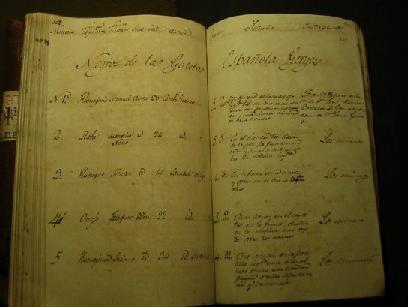

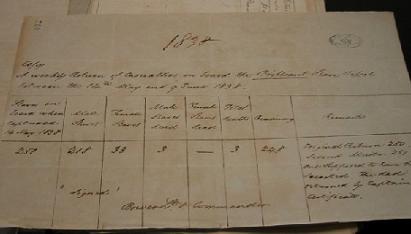
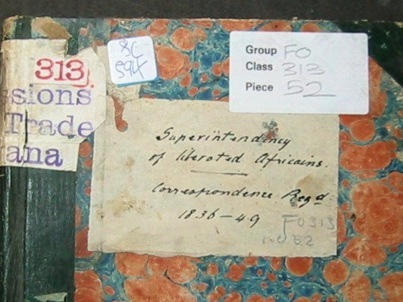
Featured
30 Nov 2025
30 Nov 2025